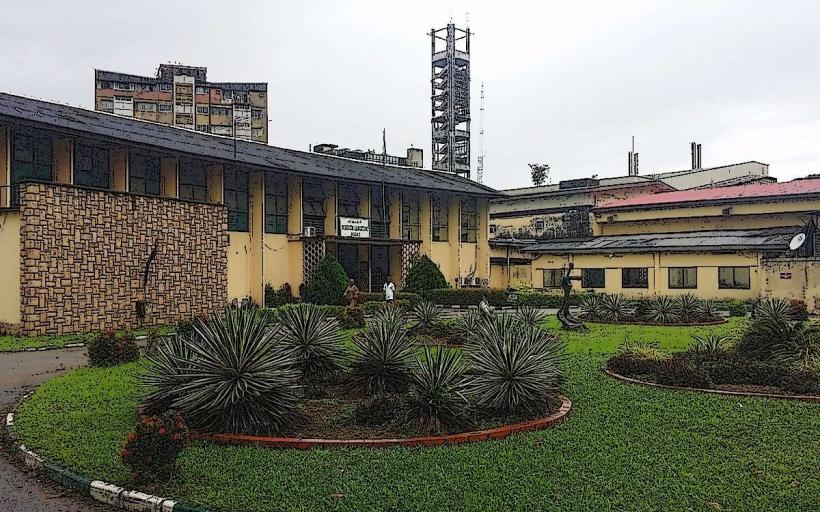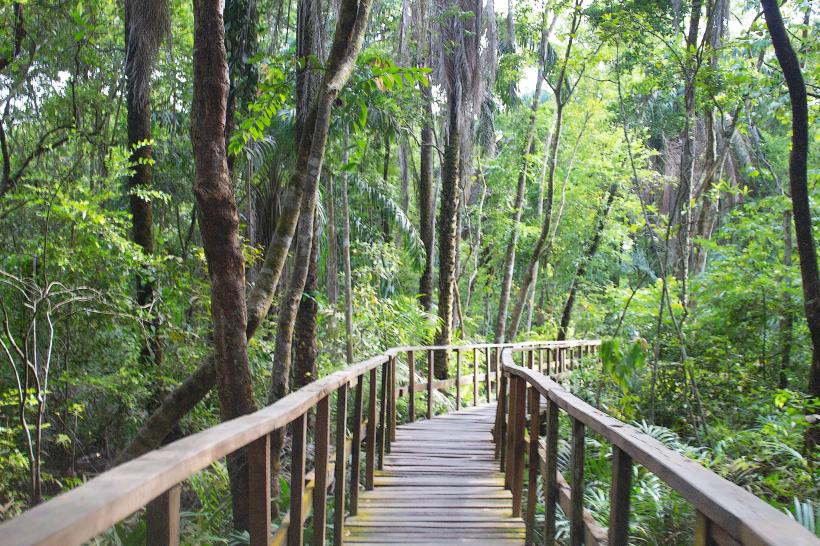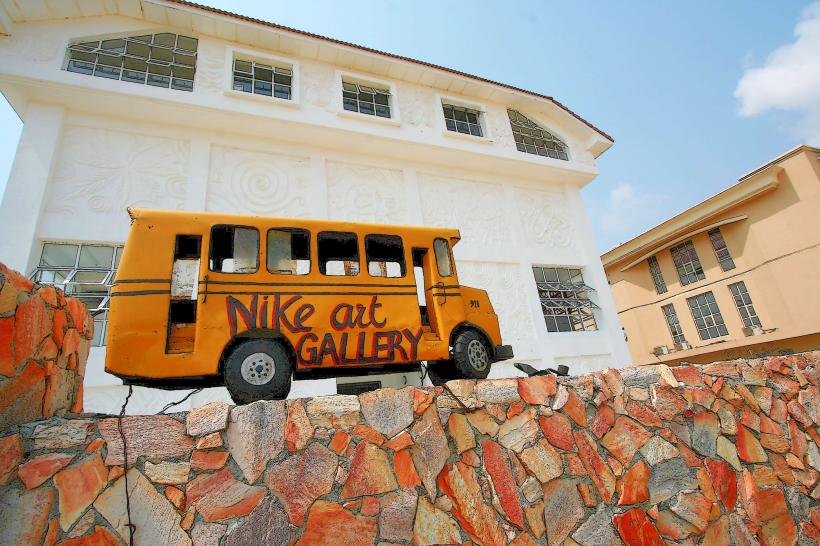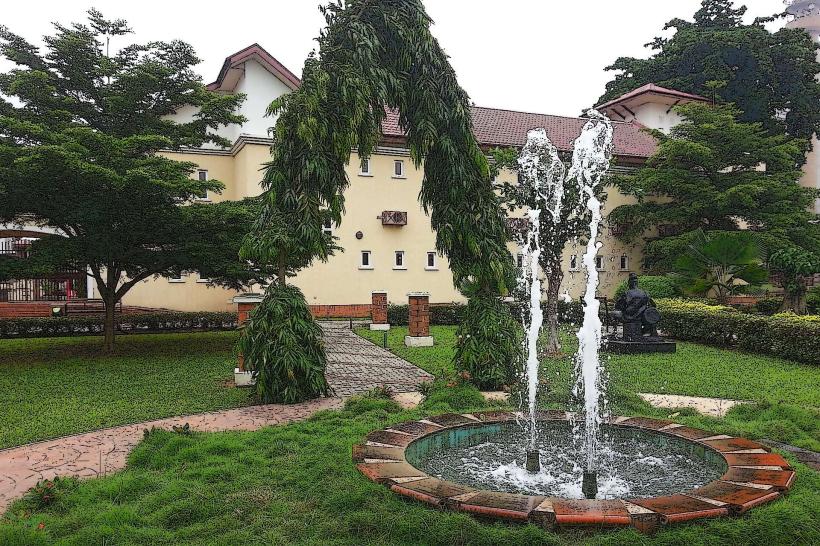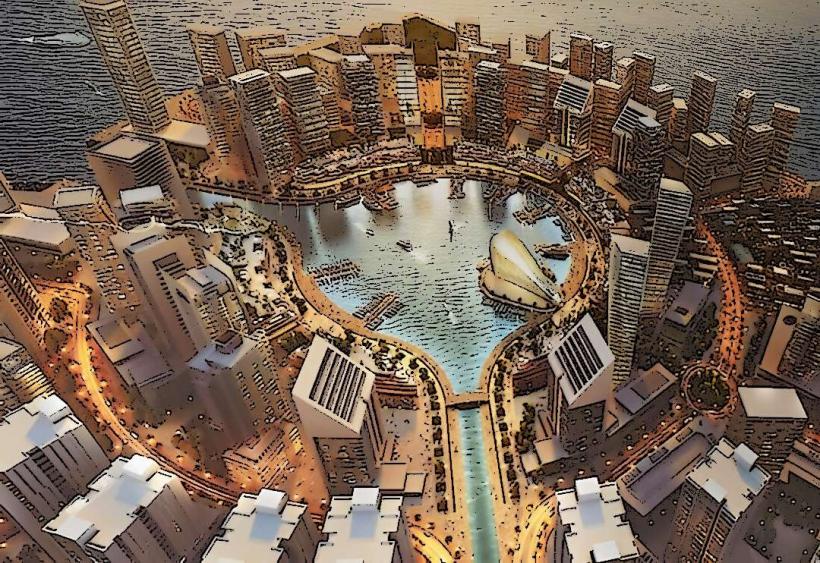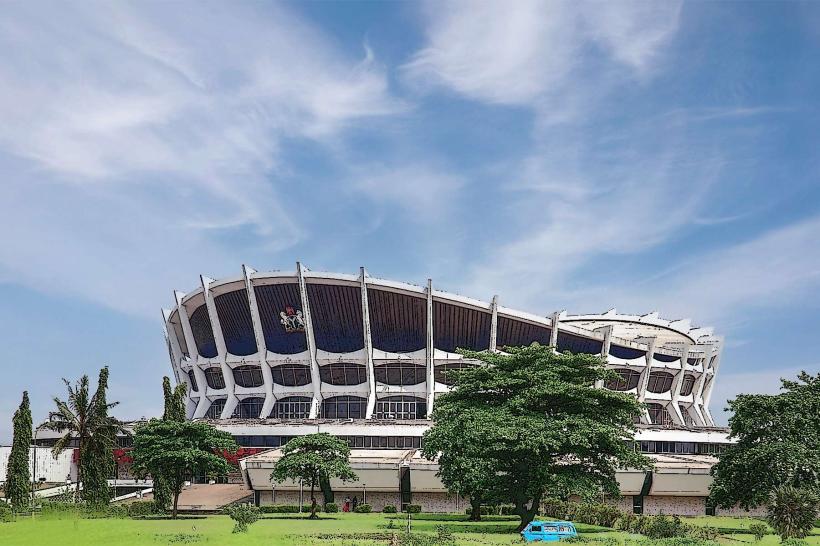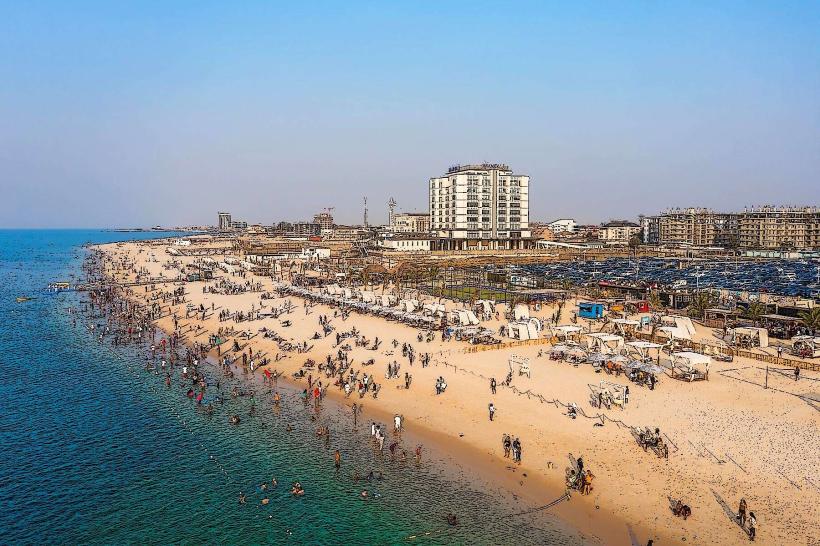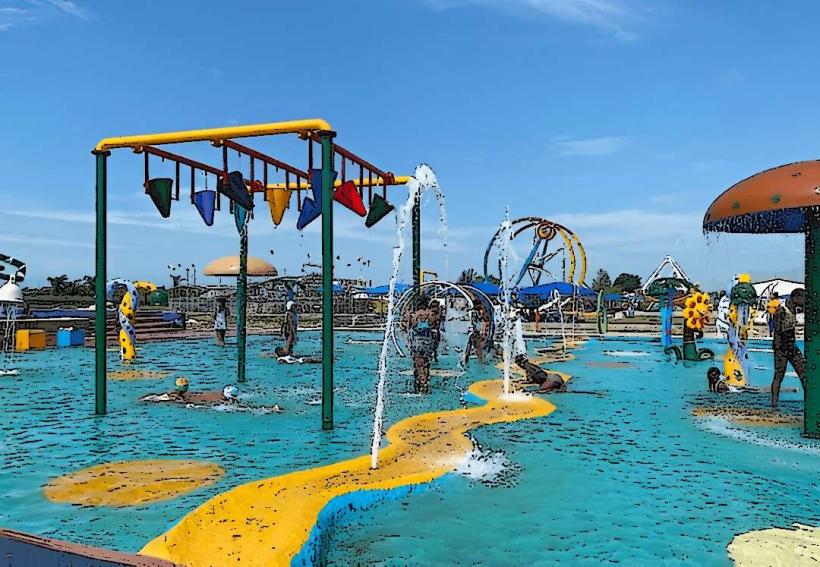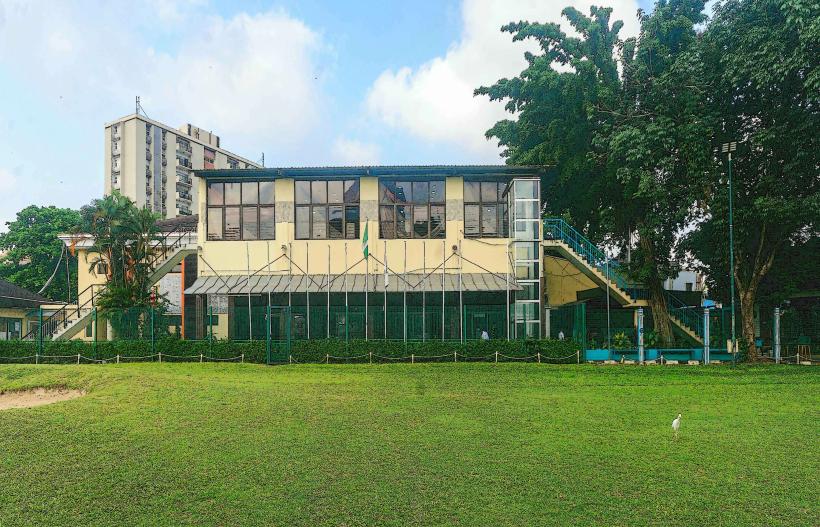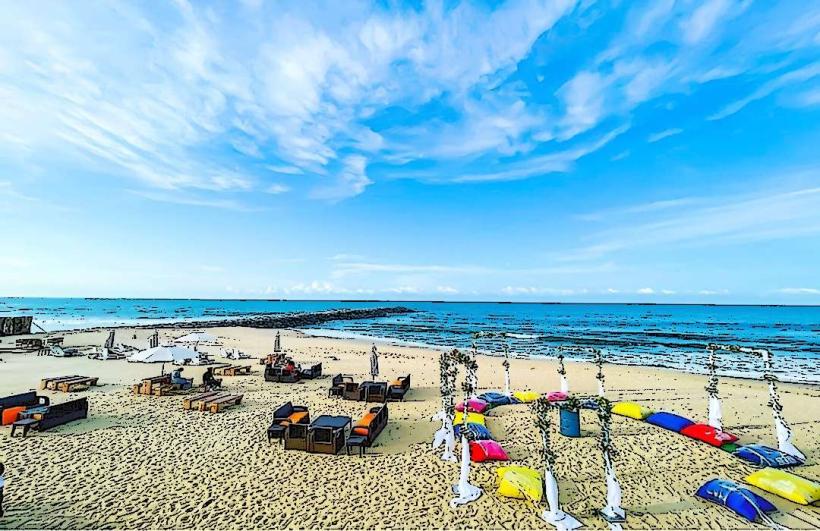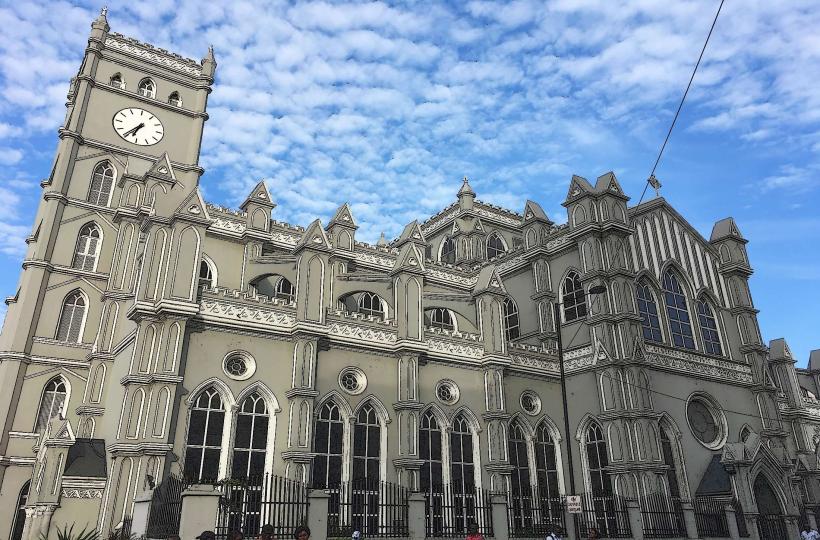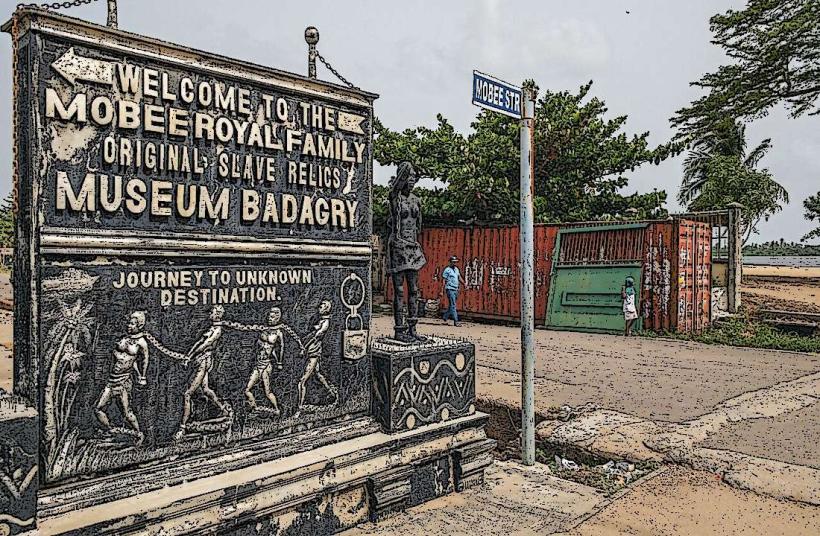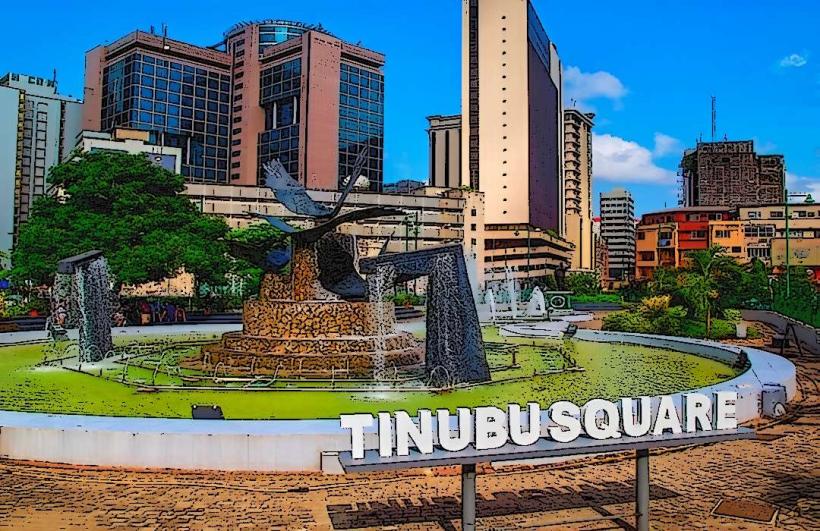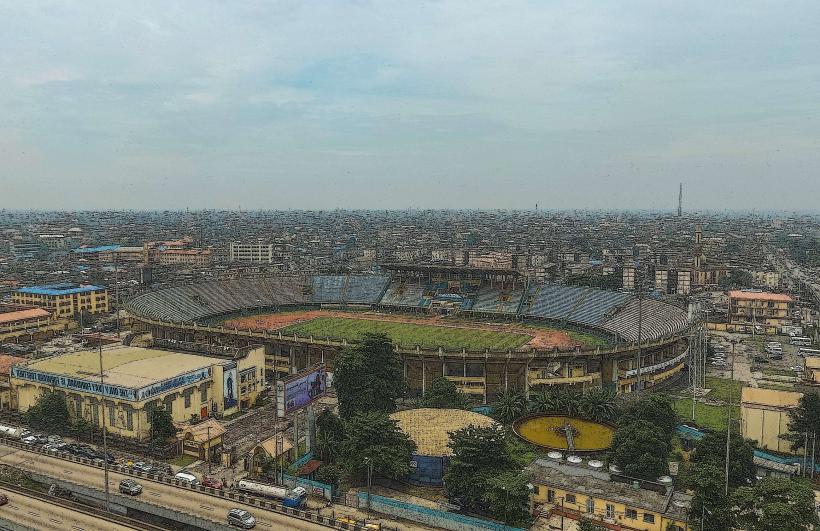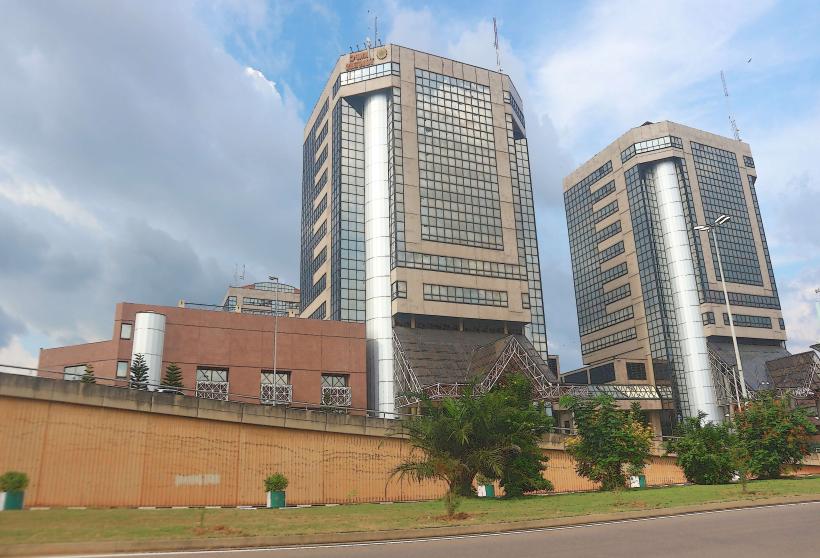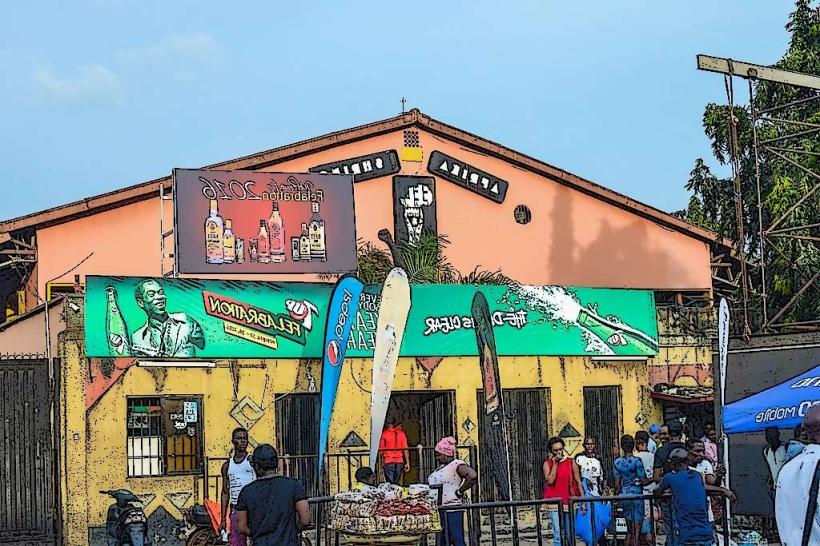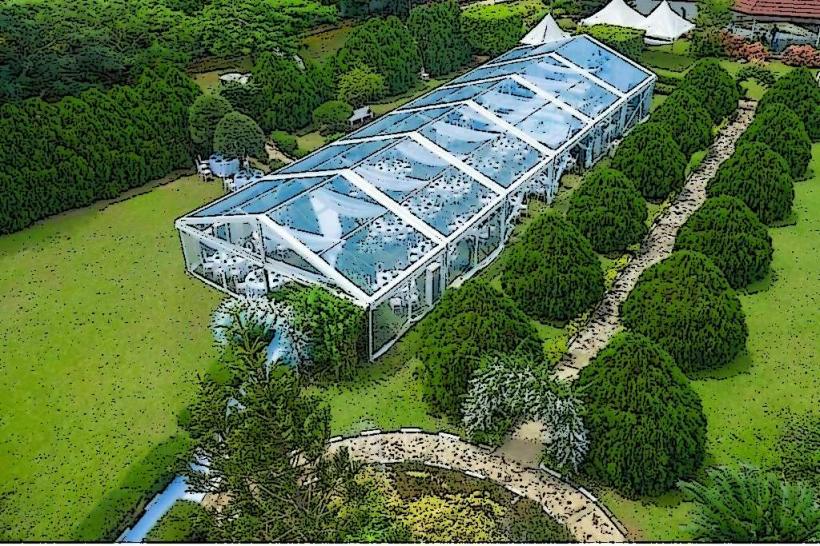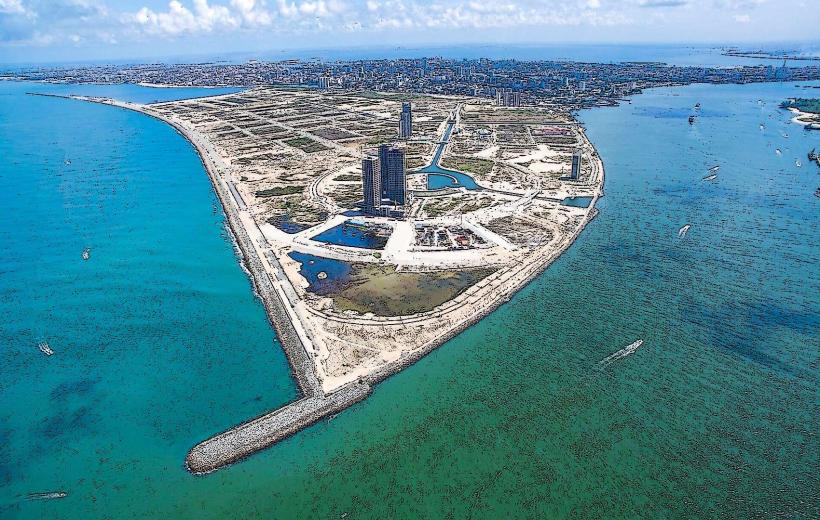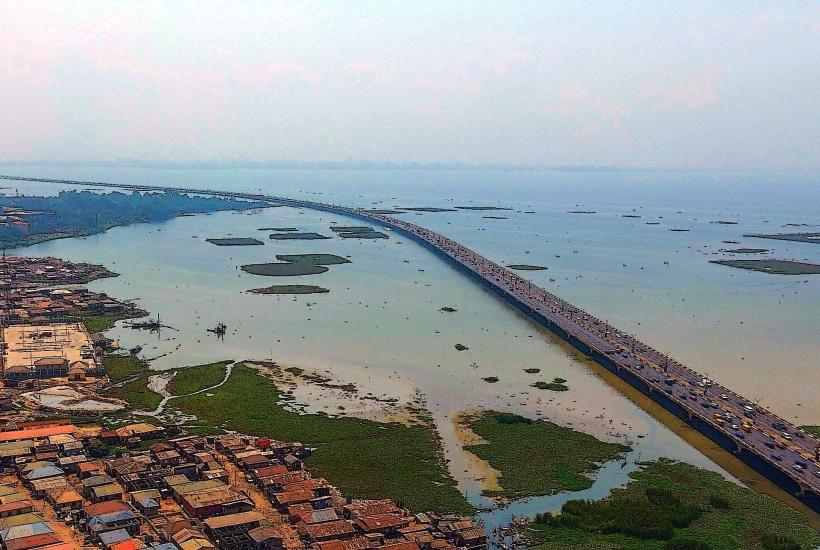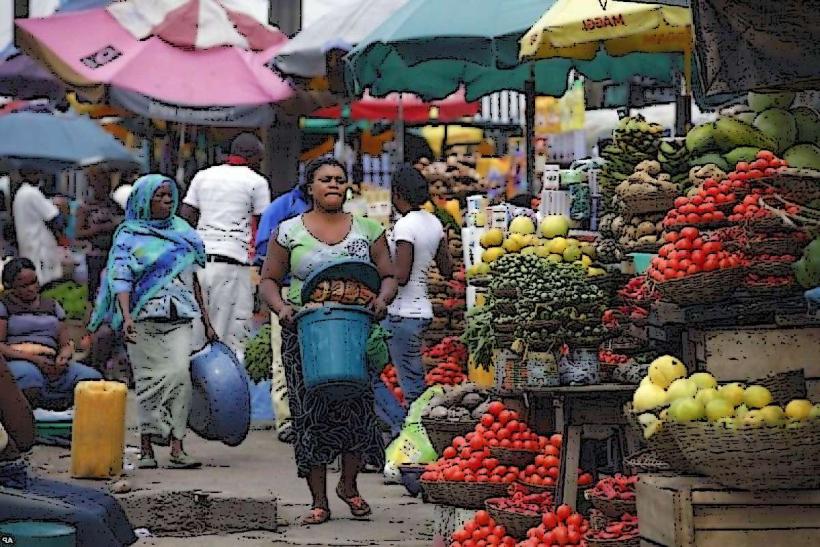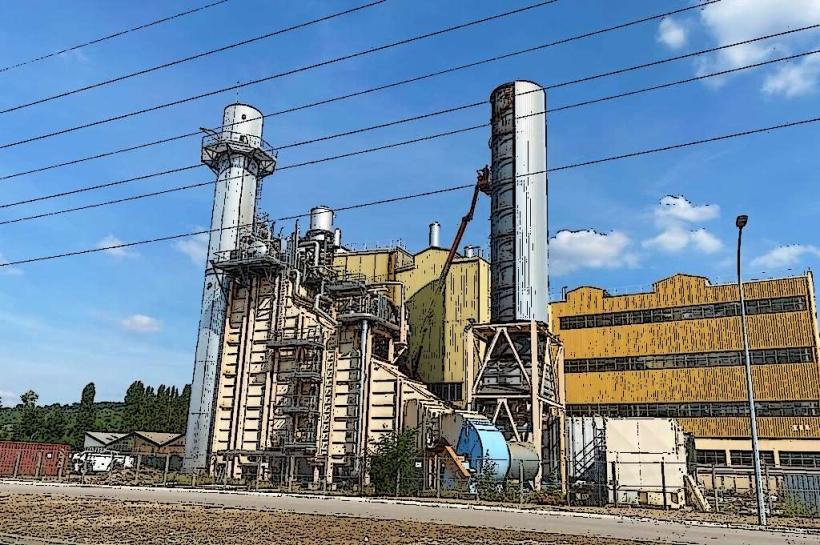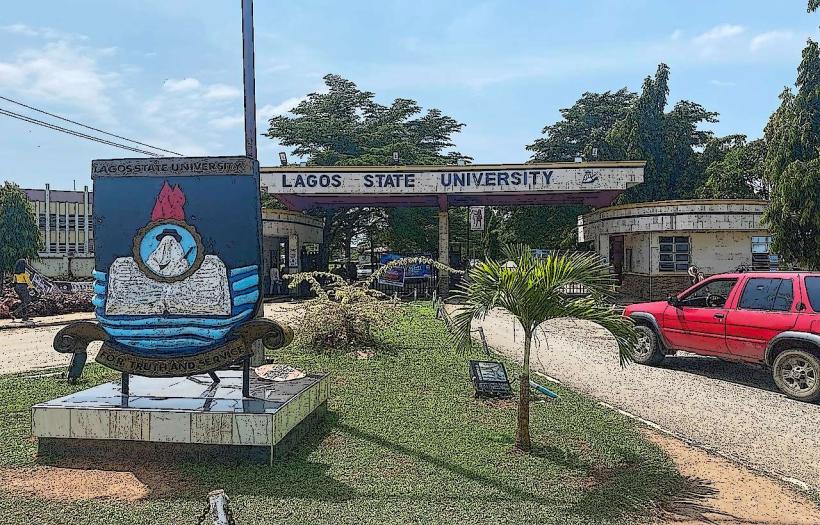Information
Landmark: Lekki Arts & Crafts MarketCity: Lagos
Country: Nigeria
Continent: Africa
Lekki Arts & Crafts Market, Lagos, Nigeria, Africa
Lekki Arts & Crafts Market, also known as Oba Elegushi International Market or Jakande Market, is one of the largest and most vibrant markets in Lagos, Nigeria. Located along the Lekki-Epe Expressway, it has become a popular destination for both locals and tourists seeking to experience the rich diversity of Nigerian art, crafts, and fashion.
Historical and Cultural Significance
The market represents a hub of African culture, showcasing traditional and contemporary arts, crafts, and fashion pieces that reflect Nigeria's heritage. The Lekki Arts & Crafts Market provides a space where skilled artisans and local craftsmen showcase their work, allowing visitors to connect with Nigeria’s rich cultural history and artistry.
Location and Accessibility
Location: The market is located between the 4th and 5th roundabouts on the Lekki-Epe Expressway, about a 20-minute drive from Victoria Island, Lagos. It is easily accessible by taxi, private car, or public transportation.
Infrastructure: The market is situated in a bustling, open-air environment, with uneven roads in some areas. While the market is full of life and energy, visitors should be cautious when navigating the area due to the infrastructure. The market is a bit basic in terms of facilities but is still vibrant and lively.
What You Can Find
The market is well-known for its broad variety of African arts and crafts, making it a must-visit for anyone interested in authentic, handmade African goods. Some of the key items include:
Art and Crafts:
Wooden Sculptures: Hand-carved wooden artifacts, such as figurines, masks, and statues, reflecting Nigerian culture and history.
Traditional Artifacts: Items like drums, pottery, and tribal regalia that hold cultural significance.
Paintings: Traditional and contemporary African artworks, often showcasing themes of daily life, nature, and spirituality.
Fashion Accessories:
Beaded Jewelry: Colorful, locally made beaded necklaces, bracelets, and earrings.
Textiles: Locally produced fabrics, including Ankara, adire (tie-dye), and other African prints that reflect the vibrancy of African fashion.
Leather Goods: Bags, shoes, belts, and other leather accessories, often hand-crafted by local artisans.
Home Décor:
Handmade Furniture: Unique wooden and rattan furniture that reflects African styles.
Decorative Items: Art pieces, including sculptures, wall hangings, and other crafted items that make for excellent home decoration.
Other Goods:
Traditional African clothing such as agbada, buba, and iro, which are often worn during cultural ceremonies or as everyday wear.
Bargaining and Shopping Experience
At the Lekki Arts & Crafts Market, haggling is not only customary but expected. It’s part of the shopping culture and can make for an engaging experience. Bargaining is seen as a way to engage with the vendor and negotiate a fair price, especially since prices can be higher than in less touristy areas. Visitors should be prepared to negotiate for better deals, particularly on art and craft pieces.
Visiting Tips
Cash Transactions: While some vendors may accept card payments, it’s advisable to bring cash when visiting the market.
Safety and Security: As with any busy market, it’s important to stay vigilant. While the market is generally safe, the crowded nature can sometimes make it a target for petty theft.
Best Time to Visit: Early mornings or late afternoons are the best times to visit when it’s less crowded, especially during weekends or public holidays when the market tends to get busier.
Nearby Attractions
Nike Art Gallery: A prominent African art gallery showcasing a vast collection of Nigerian and African art.
National Museum Lagos: Provides insights into Nigeria's rich history and culture, perfect for tourists looking to learn more about the country's heritage.
Freedom Park: A historical park on Lagos Island, dedicated to the struggle for Nigerian independence. It’s a great place to relax after exploring the market.
Cultural Experience
Visiting the Lekki Arts & Crafts Market is not just about shopping-it’s an immersive cultural experience. It provides a glimpse into Nigerian life through its crafts, music, and the stories behind the artworks. It's a place where visitors can purchase meaningful souvenirs while engaging with the artistry and creativity of local artisans.
Whether you’re looking for handmade jewelry, unique furniture, or authentic African art, the Lekki Arts & Crafts Market offers an excellent array of products that capture the essence of Nigerian craftsmanship and culture.

